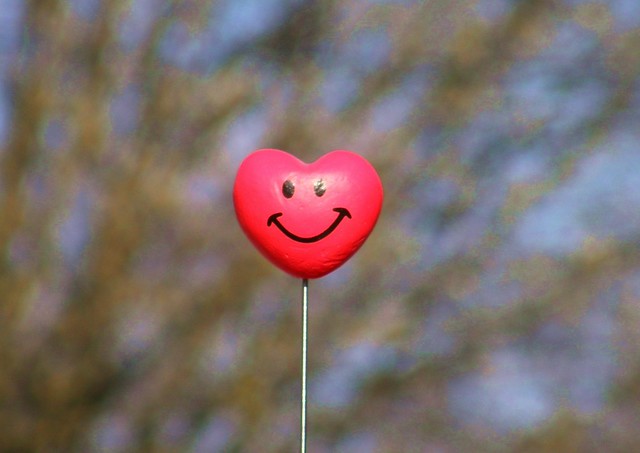It’s been a while since I left my abuser but last week suddenly a wave of anger swept over me. It seems odd that I have become so angry and bitter at this stage, I can only think that it’s now I have started to heal that I finally have the strength and energy for anger. Thinking about what he did to my children has made my blood boil. I’ve seen red and I’ve acted on my anger. Once again I didn’t give it to God as I posted about all those weeks ago.
It was probably very unwise but I acted on my anger by publically “outing” my abuser. I don’t know what came over me, but I knew the lies he’d been telling people and I went all over the forums he posts on, all over facebook and twitter and set the record straight. It didn’t really achieve anything other than making me look like a crazy bunny boiler and playing into his story of the vindictive ex out to get him.
During all this though something stood out to me. One of his friends commented that this was not the behaviour of an abuse victim.
Which makes me wonder: What is the behaviour of an abuse victim?
This notion that abuse victims behave in a certain way has been a part of every decision making process, every conscious behaviour since I left him. There’s always the question of “if I do this will people believe me?” and “am I behaving appropriately as a victim.” Being believed is important. It’s not just important for our self respect and our healing, it’s important for our safety. Scarily judges and magistrates in family courts make decisions about our children’s futures not only on the evidence in front of them (which in abuse cases is often very scant) but also on how we present in court. Being able to “present” as a victim is important.
And this is wrong. My abuser loves to “play the victim” I don’t want to. In fact I don’t want to be a victim anymore. I’m not saying going on the attack is the right thing to do, but so what if I do? if someone who has escaped abuse makes a choice not to be “a victim” anymore why does that make their experience any less believable? My husband’s friend is right, I’m not the ‘victim type’ I’m a loud mouthed, argumentative, bolshy, sometimes abrasive, intelligent, capable woman; but none of that stopped me from being abused. What those personality traits do mean is that I react differently to my experience to how someone quieter and more reserved might, they also mean that once I am free of the abuse I am likely to begin to fight back, and am certainly likely to say “I will never be a victim again” This should not make my experience less believable.
We all respond differently to trauma. It is not for anyone to judge the truth of a situation based on the reaction of the victim to that situation. I have met victims who are scared to leave the home and victims who go out clubbing every weekend. I have met victims who say they never want to have a relationship ever again and victims who jump straight into another one. I have met victims who never want to see their abuser again and victims who still love him and can’t keep away. I have met victims who are saddened at their relationship ending and victims who are overjoyed. I have met victims who are wise and take good advice to stay away, and victims more like myself who trip up, make mistakes and often get it wrong.
It’s a terrible indictment of society that some people make
judgements on whether abuse took place, or worse; whether it was justifiable
based on the persona of the victim. Personally I can’t actually fathom out how
I am supposed to behave in these peoples eyes, but frankly it doesn’t matter
because I refuse to remain a victim and I refuse to play the games my husband
is playing.




















